Despite much uproar, political parties fail to show united front on NATO supplies
Response from opposition is divided and mute as compared to what was expected during the seven-month-long blockade.
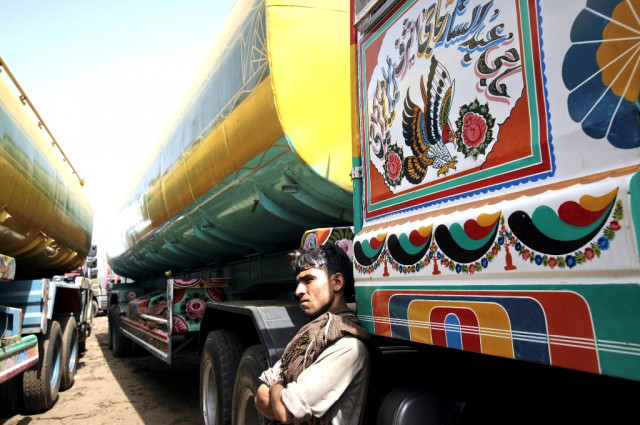
The ongoing uproar over the restoration of Nato supplies reflects deep chasms among religious and political forces, which have failed to establish a united front over the matter.
The political spectrum is awash with rhetoric against the resumption of foreign supplies and the government is being pilloried for its failure to extract a more formal apology from the US and to put an end to drone strikes. Despite that, the response from the opposition is divided and somewhat mute as compared to what was expected during the seven-month-long blockade.
While mainstream political parties controlled their response to condemnations, religious parties seemed to be disorganised and party-centric, failing to iron out their differences for a common cause.
Divided response?
The Difa-e-Pakistan Council (DPC), a group of nearly 40 religious and extremists outfits, organised a rally from Lahore to Islamabad, which was attended by tens of thousands of supporters.
Despite that, the Jamaat-e- Islami (JI) will observe its own two-day protest against Nato supplies on July 16-17. JI workers will gather for a sit-in at night at the Bagh Naran Chowk in Hayatabad and in the morning they will leave for Bab-e-Khyber (gateway to Khyber) in Jamrud tehsil of Khyber Agency.
The largest religio-political force in the country, Jamiat Ulema-e-Islam-Fazal, has its own plan to arrange a protest on Friday.
PTI chairman Imran Khan will hold a demonstration in Peshawar on July 14, which was initially meant to be against power outages. However, now it seems likely that the PTI is also trying to cash in on anti-US rhetoric. In addition to this, other mainstream political parties’ response has been somewhat milder, as they are engaged in political issues closer to home, including that of dual nationality and the contempt of court bill.
What politicians say
Sikandar Sherpao, parliamentary leader of Pakistan People’s Party-Sherpao, ascribed lack of common stance to two factors: an ideological divide and fragmented opposition.
“Religious parties have their own stance and they take issues somewhat differently,” Sherpao said. However, he admitted that major political parties did not play their role in uniting on one platform.
“There cannot be a common stance on any issue, unless all forces agree to some basic things, whether it is Nato supplies or the energy crisis,” he added.
Provincial general secretary of the Pakistan Muslim League (PML-N), Rehmat Salam Khattak, said it is unfortunate that political forces inside and outside parliament were not together on the matter. There are some vested interests on the political front, which do not allow for a joint response from the opposition, he said.
“PML-N has been playing its role as an active opposition in the assembly,” he said when asked why his party was not taking the initiative.
PTI’s Shah Farman said there should be an all parties conference to chalk out an opposition strategy. Our position is clear and we have arranged sit-in’s and protests across the country while inviting other parties as well, he said.
But when one party joins another for a protest, then it seems that it has given up its own stance, which could be a reason for the divided response.
“We will try to get all political and religious forces on board, regardless of their differences,” said JI leader from Fata, Amir Haroon Rashid.
Published in The Express Tribune, July 13th, 2012.

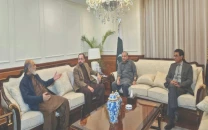
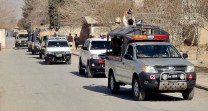

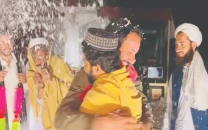

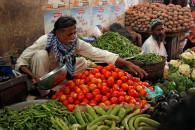












COMMENTS
Comments are moderated and generally will be posted if they are on-topic and not abusive.
For more information, please see our Comments FAQ